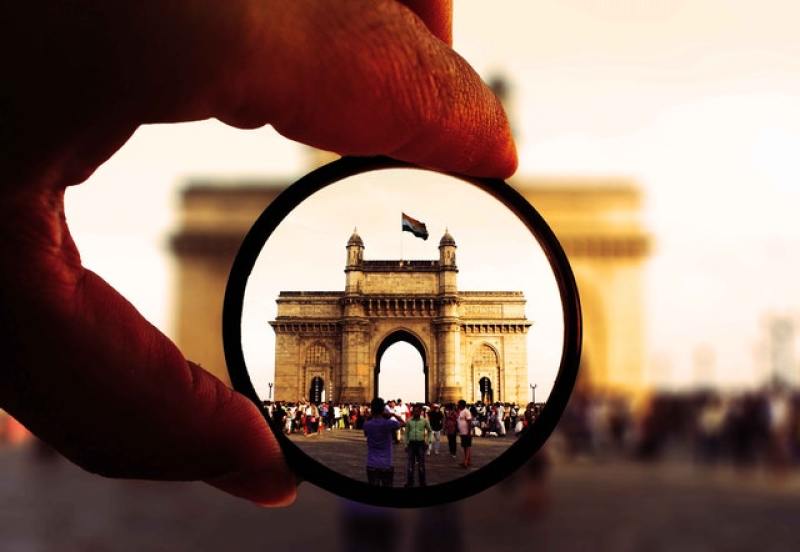
India's Supreme Court upheld their country's constitution last week through a ruling against a petition to have a national law prohibiting religious conversions.
The International Christian Concern reported that the court rejected the petition filed by Bharatiya Janata Party (BJP) member Ashwini Upadhyay seeking a national law be enacted against religious conversions.
The Supreme Court responded to Upadhyay by citing the country's constitution, particularly Article 25, wherein persons 18 years of age have the freedom to choose their religion. The said segment of the Indian Constitution also provides citizens the "right to profess, practice, and propagate the religion of their choice." The Supreme Court then directed Upadhyay to withdraw his petition or face heavy fines.
Accordingly, the BJP is a political party known to be antagonistic towards Christians. The group's leader, Amit Sahu, incited violence against Christians in India last August during a rally held at Bastar District in India's Chhattisgarh state.
"Let us drag people from the church and stop conversions at any cost," Sahu said.
The rally had 500 attendees and was attended by the group's other national leaders such as Roop Singh Mandavi, who ordered those present to "frighten Christians."
"We will frighten Christians who are involved in conversion work in the region. We will not allow the missionary work to be carried on in Bastar and will protect the Hindu religion by stopping the conversions," Mandavi declared.
Despite the presence of this important right in the Indian Constitution, Hindu extremists are still able to discriminate and persecute Christians and other religious minorities through anti-conversion laws. India approved in March last year a new anti-conversion law that made it harder for citizens to become Christians due to penalties imposed on those who violate it.
The new anti-conversion law prohibits conversions borne from "forcible" or "fraudulent" means such as those that are a result of an "allurement" or "inducement." The offshoot of the new anti-conversion law is the declining religious liberty in India due to an increase in cases of persecution, most especially against Christians.
A sample incident on this persecution through the anti-conversion law is a community in India's Sukhma District that was put by local police under surveillance. The police undertook the surveillance without proper investigation and simply believed false information received against Christians attempting to convert members of the community.
A most recent one involved an attack on a historic church in India--the St. Joseph Church of Karnataka--prompted by the anti-conversion law. The attack involved vandalism by unknown assailants.
Reacting to the Supreme Court of India's reinstatement of religious freedom, former Catholic Bishops' Conference of India Spokesperson Fr. Babu Joseph raised in an interview with the Union of Catholic Asian News of the timeliness of the ruling and called it being in the "right spirit."
"The court directions are in the right spirit of the constitution, which guarantees every citizen the right to profess, practice, and propagate a religious of choice," Joseph said.
Joseph raised that many Christians have been adversely affected by the anti-conversion laws enacted by several states in India.
"Several states have enacted laws curbing the religious freedom guaranteed by the constitution and it has had an adverse impact on several communities, especially Christians," Joseph highlighted.
"The verdict has come at the right time. Hindu groups have been clamoring for a national law to ban conversions and accusing Christian missionaries of adopting fraudulent means to convert socially poor Dalit and tribal people," he added.































